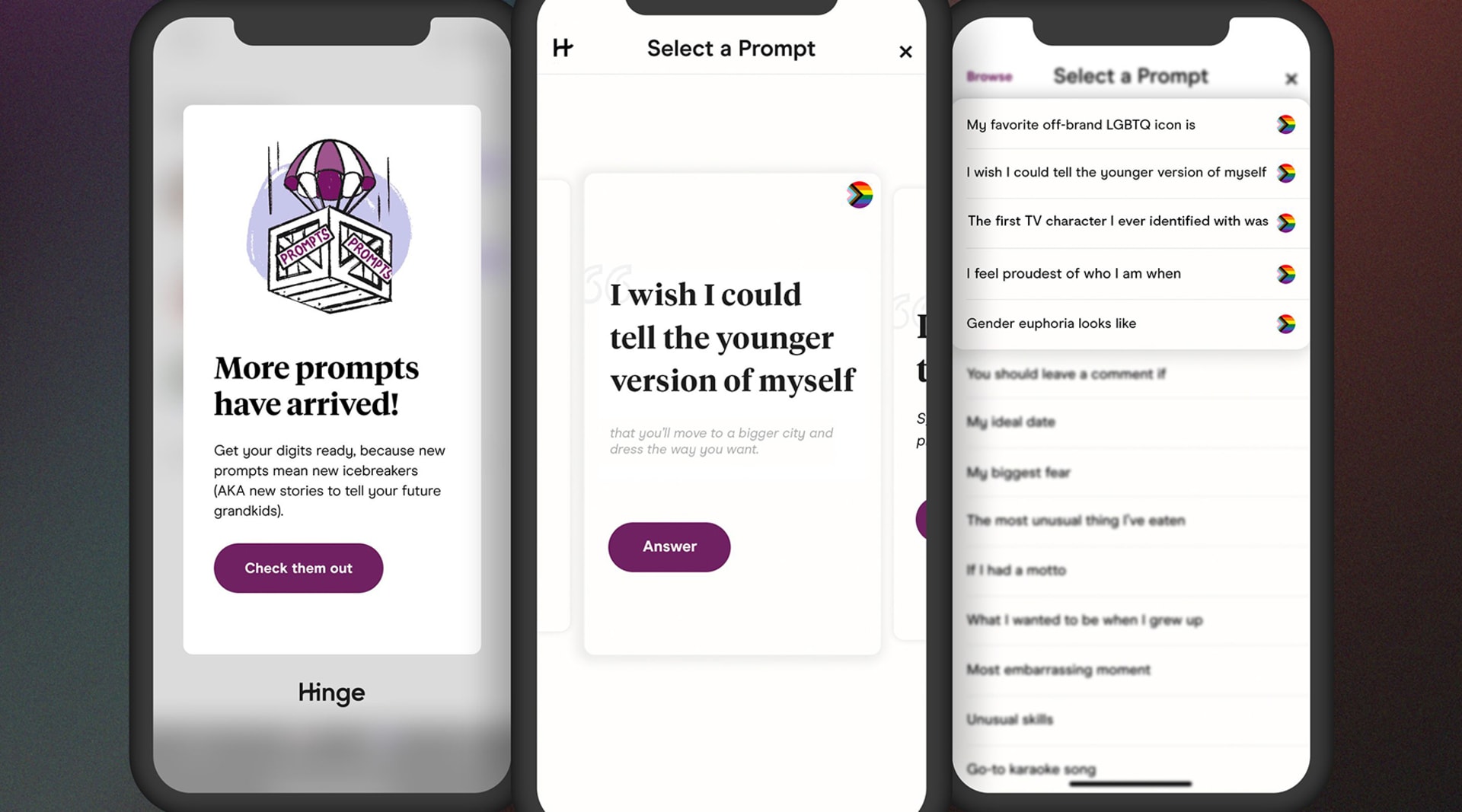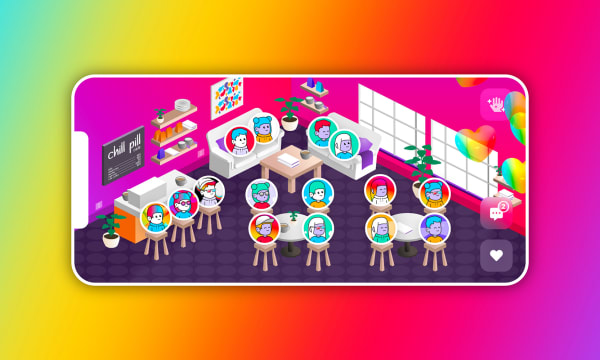Daters are incorporating psychological
terms, good and bad, into their dating journeys.
The popularity of some psychological terms on social media is bleeding into dating conversations. Ghosting, a common term referencing someone who simply stopped answering the person they were casually (or seriously) dating, is a trendy term used widely. But now, other terms have entered the chat: love bombing, trauma bonding, breadcrumbing, attachment style, and emotional labor, just to name a few. Prospective daters are aware of and referencing these behaviors and patterns on apps and on their dates as a way to communicate their needs, fears, and past relationships to the people they meet.
On the apps, many people specify whether or not they’re in therapy, which often acts as a green flag for others viewing their profile. Being in therapy, or even being open to therapy and mental wellness practices, signals that the person is in tune with their emotions and reflects on their own issues and challenges. “This is part of the competitive advantage,” University of California, Davis psychology professor Paul Eastwick told The New York Times. He explained that users on the apps can articulate their wellness through their attitudes towards therapy and mental awareness: “I have grappled with the challenges of my childhood, and I’ve thought deeply about my issues,” he offered as an example. Beyond being in therapy, even being familiar with certain terms used in therapy or psychology are helpful when navigating the dating world.
At the end of 2022, Hinge added a relationship type feature to its interface. The options indicate whether that person is interested in a monogamous or non-monogamous relationship and offers space to be open to either. Many people, especially gen Z, are particularly open to blurred and evolving situationships that can adjust to each person’s changing lifestyle. Now, those people can be forthcoming about their ideal relationship and change what they’re looking for by formally stating it in their dating profiles.
The Gottman Institute, a research-based group that unpacks relationships with patterns and group guidance, posted about the “micro-date” on Instagram in February. The concept is defined by small moments of uninterrupted interaction between two people. Busy partners can use this method to reserve time, even 10 minutes, to reconnect and engage intentionally to strengthen their relationship – a particularly efficient way to date.
A feature for Dazed considers whether the current iteration of dating indicates a broader, post-romantic era. Dating apps have, for years, calculated and matched prospective partners based on their likes, dislikes, and locations. Users on those apps swipe right or left if they see a photo, personality trait, or joke they like on someone’s profile. Now, therapy and wellness are top-of mind and the new signal for whether a match is meant to be.
As mental wellness and education continue to grow in popularity, prospective daters are leveraging that knowledge to ensure they’re finding healthy, compatible matches.


